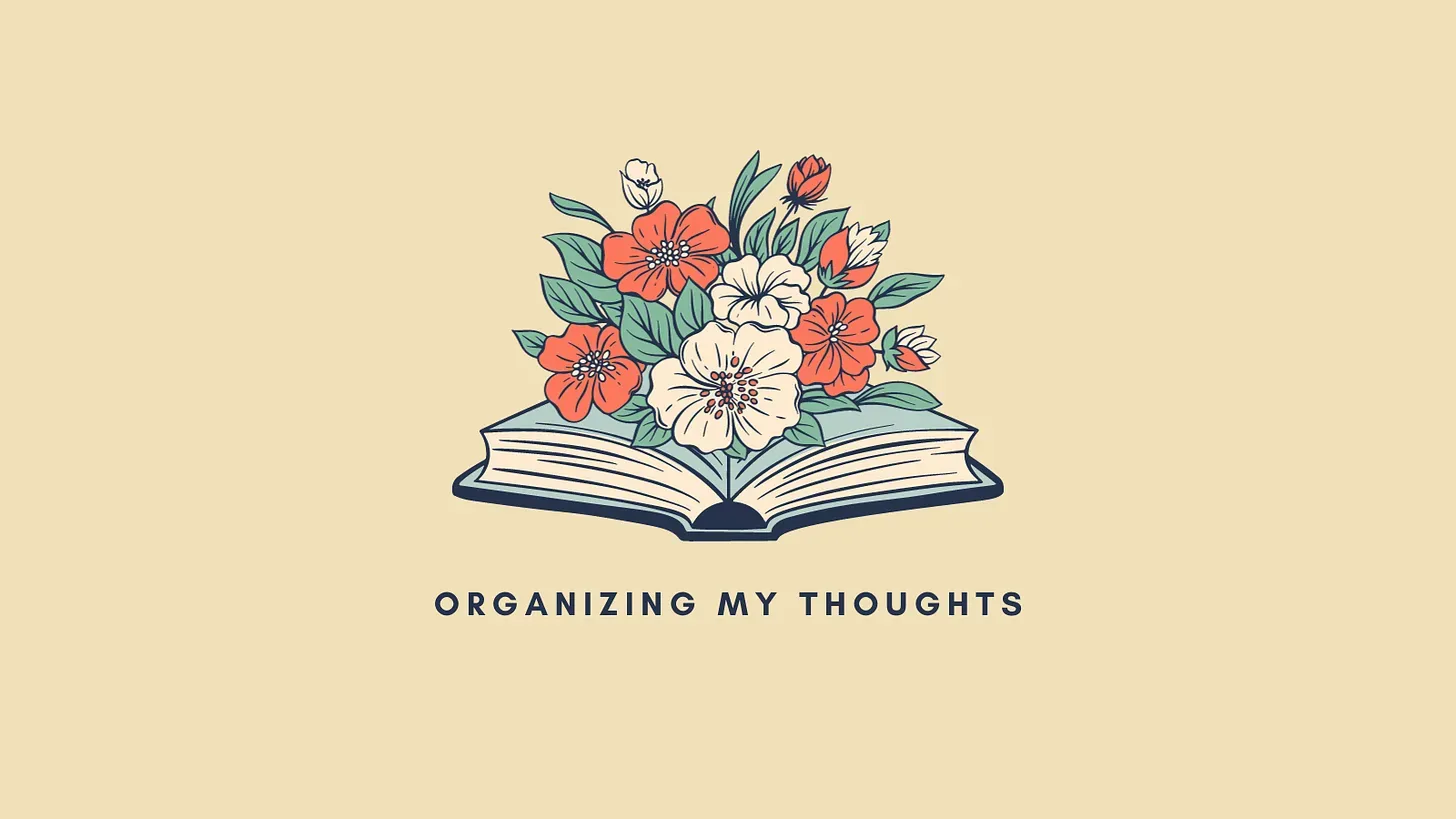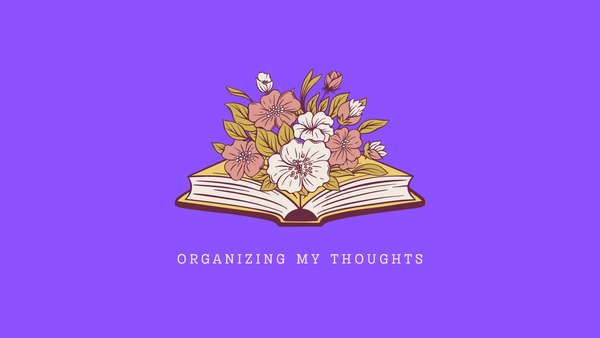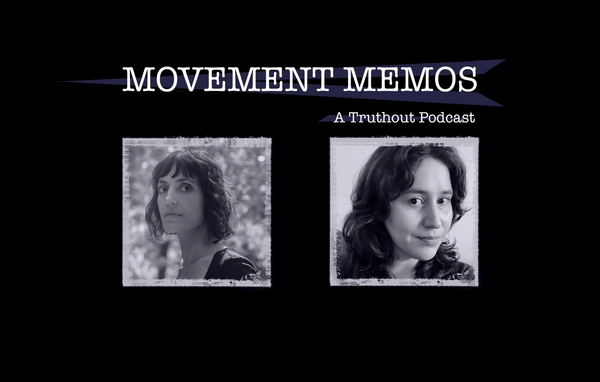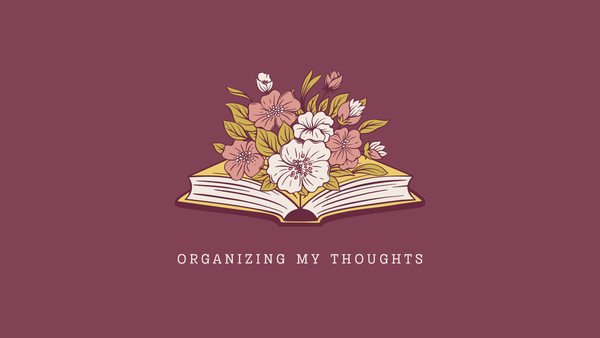Antifascism Means Refusing to Abandon

I have been having a lot of conversations lately about what antifascist organizing should look like in 2024. Some people argue that fighting fascism means stopping Donald Trump, and I agree with those who believe that another Trump presidency would prove catastrophic. Trump’s aspirations are dictatorial, and we have every reason to believe that a second Trump presidency would be even more devastating than the first. However, thwarting Trump’s return to the White House would not be the end of our fascistic problems. The Democratic Party is on its own journey into authoritarianism, given that climate collapse and other compounding effects of capitalism, militarism, and imperialism have thrown liberal democracy and capitalism into divorce proceedings. That doesn’t mean that there’s no distinction between the two parties and no reason to keep Trump at bay, but it does mean that the Democrats are not fascism’s true opposition.
What the Democrats are offering is a somewhat longer road to the outcomes we fear most. I would prefer a longer road because I want us to have more time to cultivate the movements and resistance we’ll need in order to defend ourselves and establish new lifeways in a changing world. However, I am not an electoral organizer, and I find that our hyper-focus on elections often detracts from other necessary work and analysis.
As I said during a recent panel on fascism:
In the minds of neoliberal and conservative world leaders, western civilization is a collapsing box. Inside the box, we have habitable land and intact supply lines. Basically, we have the means of survival divvied up by the norms of capitalism. As habitable land decreases and supply lines break, the capitalist solution is not to help the land or displaced people recover. It’s to push more people out of the box as it collapses. From the neoliberal perspective, this will be framed as a matter of pragmatism and inevitability. From a fascist perspective, it will be framed as a recovery of the natural order.
Borders are one of the primary mechanisms by which people are boxed out of potential realms of survival. But even within those habitable realms, mechanisms of carcerality also subdivide our access to resources and livable conditions through various modes of containment, including house arrest, institutionalization, and the use of jails and prisons. Deprivation and debilitation are imposed externally and internally by leaders whose primary role is the maintenance of capitalist norms. As mass migration leads to increased conservatism, and mass death and mass murder are further normalized, we will need resistance movements grounded in an ethics of care and a refusal to abandon one another. Antifascist and anti-authoritarian politics must exist in opposition to ideas about human disposability that will be adopted as common sense by the majority of the public. The pandemic has already widened the scope of normalized disposability in the US, with those who cannot survive COVID infections being deemed expendable for the sake of capitalist normalcy.
Think about how people are often treated or regarded for being COVID cautious nowadays, and you will have some sense of how a politics that refuses mass death, abandonment, and mass murder will be regarded in the near future, regardless of who wins the 2024 presidential election. People whose politics are grounded in a universal regard for human life, regardless of a person’s location, economic status, or life choices, will be subject to ridicule and held in social contempt. From the US government’s rejection of desperate migrants at the southern border to the forcible warehousing of unhoused people in major cities or the outright murder of imprisoned people or protesters, our compassion, outrage, and refusal will be characterized as a matter of political immaturity, at best. At worst, our regard for human life will be treated as a terrorist threat. That may sound extreme, but as someone who is no stranger to false allegations of terrorism, I can honestly say that my public calls to end the genocide Israel is perpetrating in Gaza have led to more hate mail and social media replies calling me a “terrorist” than any other political stance or action I have taken.
I am not saying you should accept the social deterioration I’m describing as inevitable. We must rage against the further normalization of mass death, mass murder, and the forcible containment of people who are viewed as having no functional place under capitalism. But we must also recognize that the trajectory I am describing is real and that these social transitions are well underway. We must plan and organize accordingly. Movements grounded in reciprocal care will be increasingly revolutionary in the years to come, and we have much to learn from people who have already learned to practice community care under fascistic or selectively authoritarian conditions.
With that in mind, I wanted to share an excerpt from my book with Mariame Kaba, Let This Radicalize You. In this section, we hear from formerly incarcerated organizer Monica Cosby about the work of surviving together under crushing conditions.
***
Refusing to Abandon
Monica Cosby is an organizer, mother, grandmother, writer, and prison abolitionist. In November 2020, Kelly spoke with Cosby on Movement Memos about her experiences organizing collective care as an incarcerated person.1 Prisons are notoriously fascistic, and women in prison are punished at higher rates than men and for smaller infractions. In Illinois prisons, women are frequently ticketed for “insolence” and can wind up in solitary confinement over their verbal tone or a goofy facial expression. Cosby said she came to a realization when she first learned of Ruth Wilson Gilmore’s theorization of “organized abandonment.” She noted that the care work she experienced in prison functioned in opposition to abandonment and that imprisoned people often defy the system by “refusing to abandon each other.” Cosby explained, “We’ve already been thrown away. We’ve been thrown away by the system.” She added that, to some extent, many imprisoned people have also been “thrown away” by their families and people they knew before entering prison, who no longer stay in contact with them. Even imprisoned people with loving families can feel abandoned, as loved ones struggle to bal- ance costly visits and phone calls with other financial strains and responsibilities. According to Cosby, that shared sense of having been discarded creates a solidarity among some imprisoned people that’s about “refusing to throw each other away.” Put simply, Cosby explains, “We refuse to abandon.”
In prison, visible acts of care or bonds of solidarity can be punishable offenses. Alan Mills, the legal director of Uptown People’s Law Center, has sued the state of Illinois on behalf of imprisoned people who have endured the abuse the state characterizes as “mental health care.” When Mills spoke with Kelly for Truthout, he laid out the stakes for people who might practice mutual aid in prison. Mills explained that “one of the most important things that people who have a mental illness can do [in prison] is find a supportive community to be in,” but prison rules are engineered in opposition to such support systems. Mills said, “Generally in prison, any sort of group like that is considered an unauthorized organization, and prisons view it the same way that they would view a gang.” According to Mills, creating mutual aid formations, or even forming close bonds with others, can land imprisoned people in solitary confinement.
In a torturous, spirit-breaking environment where solidarity can have punitive consequences, Cosby explained how some imprisoned women create their own social life support system—one that she credits with saving her own life. Cosby explained that, given her initial sentence of eighty-three years, she did not see any “light at the end of the tunnel.” But other women, who were also serving lengthy sentences, offered Cosby support and guidance when she arrived. “They were the light in my tunnel,” Cosby said. “We were all in the tunnel together just making light.”
There were multiple occasions during Cosby’s incarceration when she considered taking her own life. “I just didn’t want to be in prison anymore,” she said. Cosby’s family had moved out of state shortly after she began serving time in prison. While at Cook County Jail, Cosby had weekly visits with her family. But in prison, she was unable to visit with relatives or use the phone. She missed her children. “I just was fucked up,” Cosby said of the experience.
Amid her despair, Cosby became suicidal. She made a plan to wait until other women had left her cell block for dinner and then hang herself from a rail. She tore a sheet to create a noose and began giving her personal belongings away. That night, Cosby sat on some steps, near the spot where she planned to tie her noose to the rail, watching as people exited the area for dinner. She watched “just waiting for the door to close” behind them, so she could enact her plan. But to Cosby’s surprise, not everyone had left for dinner. “Kimmy Keller, who is out here now, and Tammy Evans, who is still locked up . . . they didn’t go to chow that night,” she said. The two women were among the people Cosby had given her belongings to. Recognizing what this behavior likely indicated, they resolved to keep an eye on Cosby. When Keller and Evans found Cosby sitting alone on the stairs, waiting for an opportunity to die by suicide, they sat with her. Cosby explained, “They knew because they had either been there before or they had seen other people in that space before, but they knew what it was and they didn’t let me go. They just refused to abandon me.”
Cosby has paid this kindness forward on many occasions, at times sitting with people who were grappling with untreated mental health issues who might not be “present in our particular reality that we’re living in” but who still required the support, care, and companionship of another human being. “I have sat with other women because I remember when somebody sat with me,” Cosby said.
The social life support system that Cosby described also involved the cultivation of joy as a form of sustenance and a means of rebellion. To lift each other’s spirits and imbue life with a more joyous energy, some of the people Cosby was imprisoned with would sing until they got in trouble—and then keep singing. While working shifts in the kitchen, Cosby was among those who would sing. “Every so often, whatever COO or kitchen supervisor or whatever come by and be like, ‘Shut that shit up, cut that shit out.’ And we’d be like, ‘Alright.’ And sing any motherfucking way,” Cosby said. When the women were issued a disciplinary ticket for singing, they would respond by making up a song about the ticket. This rebellion of song created space for joy in a brutally oppressive environment. Despite the fascistic nature of prison life and the surveillance that dominated their lives, amid playful bouts of song, Cosby and the other women were able to “smile and laugh and dance.”
Cosby also noted that imprisoned women regularly made gifts for one another, even though such items were regularly confiscated as contraband. Imprisoned women would often commission art- work from one another. “Some of the best artists I’ve ever seen in life are in the fucking prison,” Cosby noted.
In addition to rebelliously singing and commissioning artwork that would likely be destroyed, the imprisoned women also made up holidays in order to create more cause for celebration. In addition to celebrating holidays like Christmas and Mother’s Day, Cosby said, “we also just make up holidays just because. And we feed each other. We make these fantastic, fantastic meals out of nothing.”
Cosby said that few accomplishments—from finishing a GED class to simply waking up for another day—went unappreciated amid the imprisoned women’s intentional cultivation of joy. “We celebrate every little fucking accomplishment because it’s not a little accomplishment. . . . It’s the constant celebration of just us. We’re celebrating the fact that we done did some shit. We woke up this morning. We celebrate.”
These practices of cultivating hope and joy as a matter of survival, under extremely oppressive conditions, are instructive in these times. We must throw our energy into building active relationships with other people whom we refuse to abandon and who refuse to abandon us. To resist the erosion of empathy, we must invite people to participate in acts of care, defense, aid, and rescue. We must normalize acts of mutual aid amid the everyday crisis of capitalism and build these mechanisms into our organizing work at the ground level.
Organizing My Thoughts is a free newsletter. If you can and would like to pay for a subscription, your support is greatly appreciated. Paid subscribers will be invited to periodic virtual conversations with Kelly and other writers and organizers.




